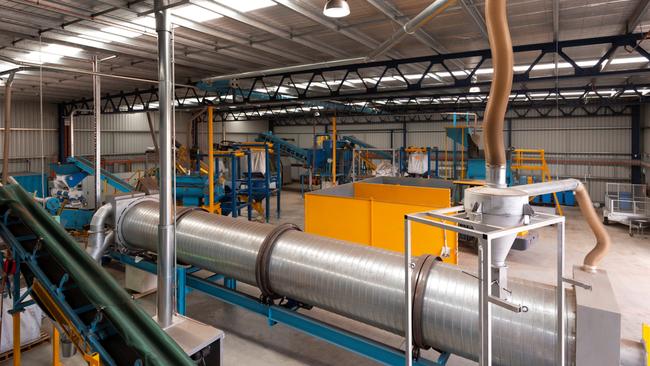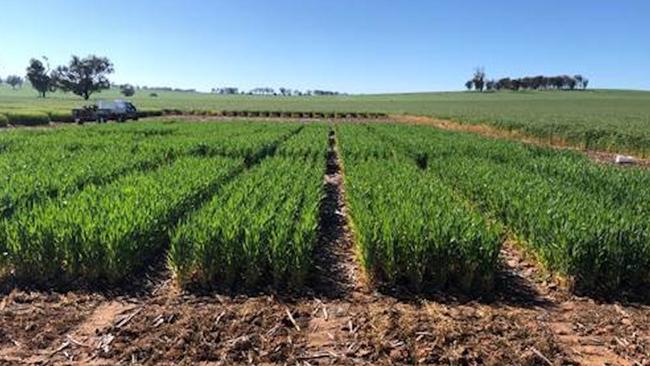Australian Bio Fert hope for green light on poultry waste plant
An Australian company has found a way to convert chicken waste into fertiliser at a new multi-million dollar plant, but are still waiting for EPA approval. Here’s how they plan to do it.

PROPONENTS of a novel $25 million recycling plant that will convert poultry manure and litter plus dead chickens into fertiliser hope they will soon get the regulatory green light to build.
Australian Bio Fert plans to build the plant at Lethbridge near Geelong, in an area surrounded by egg farms.
It already has planning approval from the Golden Plains Shire but is awaiting approval by the Environment Protection Authority Victoria.
The EPAV is expected to hand down its decision by the end of the month on whether or not the plant met stringent biosecurity controls.
Australian Bio Fert chief executive officer Mark Frecheville said the recycling plant would use a process called torrefaction, where poultry litter and manure was heated to high temperatures with little or no oxygen in a confined chamber to produce a dry, friable product without harmful bacteria.

He said Australian Bio Fert could blend in lignin, guano, rock phosphate or other nutrients to produce a fertiliser used in primary production.
Mr Frecheville said poultry waste material often went to landfill, was buried on farms or composted in the open.
He said composting the waste did not necessarily kill harmful bacteria.
He said a recent case of salmonella poisoning from food products bought in a major supermarket was traced back to composted chicken litter used on a vegetable farm.
Open composting also increased the risk of spread of avian influenza, with scavenging birds transmitting disease from one farm to the next.
“High temperature bioremediation offers advantages over other processes,” Mr Frecheville said.
“That’s important because we’re expecting the regulations (on waste disposal) to become increasingly stringent.”
Victorian Farmers Federation egg group vice-president Brian Ahmed said he spent seven years searching for a poultry waste solution that did not involve composting.
Mr Ahmed is a director of Ausnovus Group, a collective of eight egg producers, which planned to build a waste disposal facility.
Ausnovus eventually joined forces with Australian Bio Fert to develop the current proposal. “It was costing us a lot of money to get rid of the poultry litter waste,” he said.
“What we will be doing is value adding our waste product.”
Mr Ahmed said about $13 million had been spent proving the torrefaction process in a pilot plant at Maddingly near Bacchus Marsh.
He said if the Lethbridge plant was built, it had potential for processing waste in other agricultural industries.
MORE
HIGHEST PRICED BULL FOR 2020 SELLS IN QUEENSLAND


